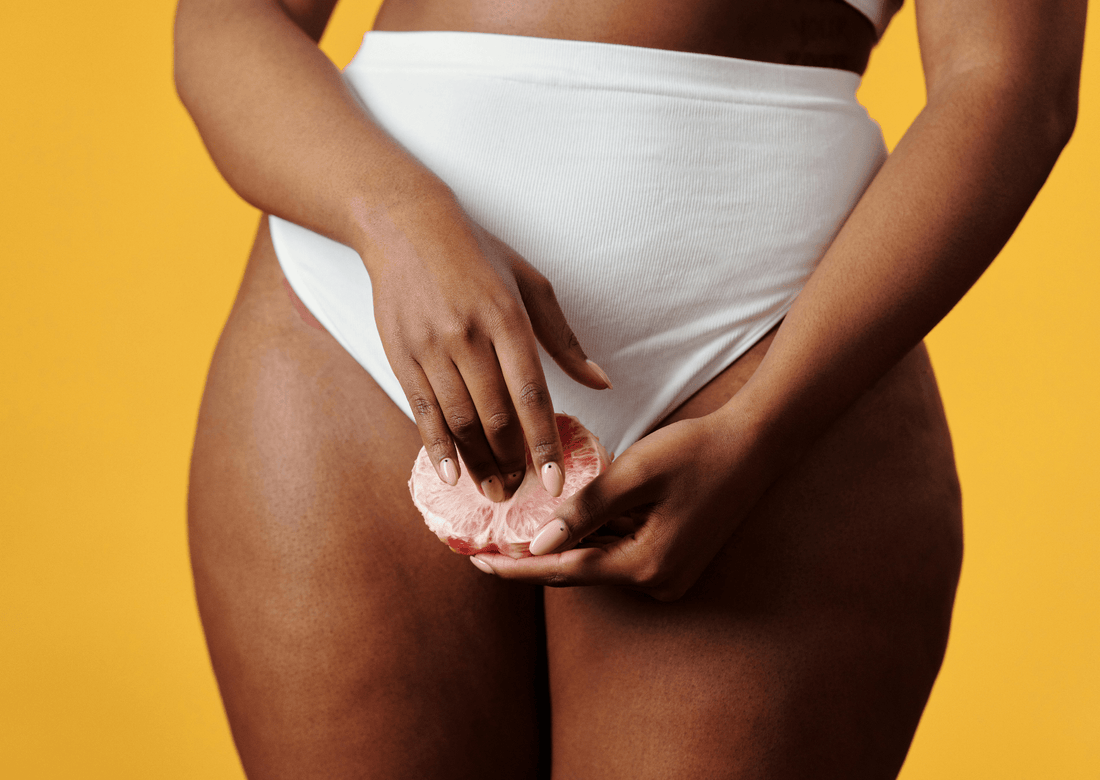
Why an Orgasm Sometimes Fails
Share
The orgasm is often seen as the climax of sex. Yet, women experience significantly more difficulty reaching orgasm than men. This difference isn't just due to physical factors, but also has a lot to do with our mental state, cultural expectations, and the way sex is generally approached.
The mental side of an orgasm
For women, achieving orgasm is often as much a matter of mind as body. Stress, performance pressure, body insecurity, or simply not being "in the moment" play a major role. When your thoughts are racing, it can prevent your body from fully relaxing – and that makes it difficult to reach orgasm.
The Orgasm Gap: The Numbers Don't Lie
Research shows a clear orgasm gap between men and women. During heterosexual sex, about 95% of men usually or always climax, compared to only 65% of women.* This gap widens even further when sex consists solely of penetration: fewer than 20% of women report consistently reaching orgasm during penetration. So, there's nothing "wrong" with women who don't climax during penetration—it's more the norm.
* There are also studies that show that 61% of men and 30% of women achieve orgasm during heterosexual sex. Regardless, the gap remains large.
The physical aspect: stimulation is key
While the mental side is important, physical stimulation also plays a significant role. Heterosexual sex often emphasizes penetration, but that alone isn't enough for most women. The majority of women need direct or indirect clitoral stimulation to achieve orgasm. The way women are stimulated—or not—thus significantly influences whether an orgasm is achievable.
Self-love and sexual autonomy
Another important aspect is self-love. Women who struggle to reach orgasm often experience a certain disconnect from their own bodies. By discovering and satisfying yourself, you not only learn what works for you but also develop greater self-confidence and a love for your body. Self-love and self-gratification reinforce each other: the better you know yourself, the easier it is to find pleasure—both alone and together.
Plan de kom-pagne
The idea that women have "difficulty reaching orgasm" isn't a matter of deficiency, but a combination of mental, physical, and social factors. It starts with acknowledging that the orgasm gap exists, that penetration is often insufficient, and that exploring your own body isn't taboo but rather a key to self-love and increased pleasure. Get started with your hands or choose a toy specifically designed for people with vulvas .
Did you find this interesting?
Then read here why self-love is so important, with tips that will help you give yourself a little more.
And if you need some tips on how to give your partner some tips, check out this blog post about ' communication in bed' .



